- Home
- slideshows
- miscellaneous
- 30 damaging habits you should break before you turn 30
30 damaging habits you should break before you turn 30
Living for the weekends.

Supporting fast fashion.

"Before turning 30 I made a decision to stop buying items that support fast fashion," Laura, an operations officer from London, told Business Insider. "That means no Zara! I have already given up on H&M and Primark. They say that most items are worn just seven times, so my goal is to buy things you will wear many times even if it costs more."
Thinking social smoking is 'OK.'

Paul, who is in recruitment from London, said social smoking was his biggest vice to quit before he turned 30.
Most people who consider themselves social smokers cut themselves some slack because they don’t smoke every day, or they "only smoke when they drink."
But government guidelines suggest that if you smoke at all, you're at higher risk of heart disease and cancer than those who don’t, not to mention unwanted short term effects like bad breath, ageing skin, and the money you're wasting.
Clinging on to friendships that have run their course.

The further into your 20s you go, you may find the fewer friends you have. As you leave university and begin your career, some relationships just don't last the distance — and Laura says you should accept this.
"Having lived abroad for a number of years since uni, I learnt a while ago not to loose sleep over friendships that fall by the wayside. Now I put a lot more effort and time into worthwhile friendships."
Not having a bed time.

Ali, lifestyle editor at BI UK, said: "I have been guilty of going to bed really late and at really random times, so I'm trying to develop an actual bedtime I can stick to. I've found it makes a difference in my quality of sleep."
Thinking that you can rely on your metabolism to keep weight off.

"Having interviewed many personal trainers for work, they pretty much all agree that you need to be exercising at least three times per week if you want to see results," Rosie, lifestyle writer at BI UK, said.
"I've spent a while researching different classes to find the right one for me — most importantly, one that's convenient. I'm trying to get into a pattern of working out at least three times a week. Sometimes it means prioritising it over social things or work events I don't want to miss, but I've started to look forward to the gym, which is a first for me."
Drinking cheap wine.

James, technology editor at BI UK, said: "Drinking cheap wine is a damaging habit that I thankfully broke in recent years."
Many people try to cut down on their alcohol consumption as they get older, and thinking about what you're drinking could be part of the answer.
There's a theory that spending a few more pounds on a bottle might mean you savour it, enjoy it more, and possibly even drink of less of it. Whether or not that's true, it's worth educating yourself on what you like.
Taking special moments with friends for granted.

"It can be tempting to bow out of trips away with friends when you're being asked to pay for flights and accommodation deposits in January for a weekend away in August. As hen dos and stag dos begin rolling in, it can start to feel overwhelming," Rosie said.
"Granted, you can't do everything — so pick wisely — but it's also important to remember that there's a relatively short window in your life that you'll be inundated with these kinds of invites. As you settle down with a mortgage or a family it might be difficult to afford to do both.
"So make the most of that festival, staycation, or week in the sun."
Compromising on what you deserve in a relationship.

Lindsay, psychology and relationships reporter at BI UK, said: "Stop compromising on yourself in your dating life because you don't know what you deserve, i.e. don't chase after someone who clearly isn't interested enough in you."
Doing things because you think you 'should.'

When it comes to attending parties and other social events, Ali says it's not worth going just because you "feel like you should."
"Life's too short to spend time doing things you don't want to do, knowledge I've learned thanks to 'The Life Changing Magic of Not Giving A F**k,'" she said.
Putting your physical health before your mental health.

"Don't put your (outwardly) physical health before your mental health," Megan said. "Diet and exercise should make you feel good about yourself, not guilty. Routines are great but when the way you physically treat yourself affects the way you mentally treat yourself then the balance is wrong."
Fad diets.

Hannah, a charity worker from London, told Business Insider: "It's better to just permanently work healthy eating into your daily routine. You might still put on a few pounds over Christmas, but you'll more easily work it off again. The main thing is making sure you're getting at least five portions of fruit and veg each day."
Not collecting membership points and air miles.

"I finally started collecting air miles about six months ago after realising how, as a frequent traveller, I could have been reaping the benefits for years now," Ali said. "Pick an airline, sign up on their points system, get the credit card — go the whole way."
Whether it's collecting air miles with credit cards, joining airline membership clubs, or signing up for supermarket points cards, the rewards are often well worth the relatively small effort — and it can get you closer to your next holiday.
Brian Kelly, CEO of thepointsguy.com, told Business Insider that the biggest mistake people make with air miles is "giving up before they even begin." Here are four things to know before you start collecting air miles — and exactly how to start.
Spending time with people who make you feel insignificant.

Megan, of BI UK, said: "Cut the people who make you feel insignificant. Why pour energy into the people who don't like you when you could be spending time with the friends who love you?
"Not everyone is going to like you, so don't spend time forcing it. Learn to live and love the people who like you just as you are."
Buying non-eco friendly cleaning products.
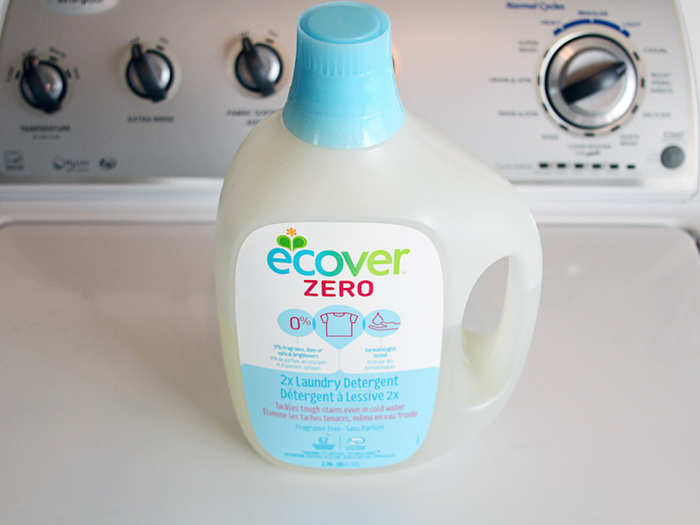
There are plenty of small changes we can make to our everyday routines to help protect the environment. Laura says deciding not to buy non-eco friendly cleaning products was one of hers.
Cancelling plans at the last minute.

As you can't say yes to everything, it's important to be realistic about what's possible early on so that you don't get into the habit of letting people down last minute.
"One of my big resolutions is to be more reliable as a friend overall," Rosie said. "As you get older and and closer to 30, people often start getting booked up months in advance, and there is virtually zero tolerance for flakes — this also applies to texting back promptly to nail down plans."
Running out of money at the end of the month.

"It's time to look at where your money goes, and look at ways of saving money without going without," Hannah added.
There are plenty of budgeting apps out there that can help you to work out where you're spending most.
Putting off difficult conversations.

Leon, senior video producer at BI UK, said: "I think young people do this a lot but the older you get the more often you have to have them.
"It's better to just bite the bullet, the feeling of getting the weight off your shoulders afterwards is worth it."
Kidding yourself about things that are important.

Alex, news editor at BI US, said: "Quit trying to keep up appearances and actually go for results. Quit kidding yourself. Potatoes are vegetables, but not really. Going to the gym for 30 mins and walking on the treadmill and checking your phone is working out, but not really. You're doing things for yourself and not to tell others about it."
Barely drinking any water.

"Up until about six months ago, I might drink one glass of water a day, plus lots of tea at work. Even when I knew I was dehydrated, I couldn't be bothered to get up and grab a glass," said Shona, tech reporter at BI UK.
"It turns out this is horrible for your skin, kidneys, and overall general health, so I've finally got a water bottle to sit on my desk."
Staying out all night on a regular basis...

Many people agree that hangovers get worse with age. Alex, of BI US, said: "Stop going out and staying out all night on a regular basis. Once a month or on special occasions is different."
...Then wasting entire days hungover.

"There's nothing worse than knowing you've spent your entire weekend recovering from Friday night work drinks," Jonathan, a sound engineer from London, said.
Midnight McDonald's stops.
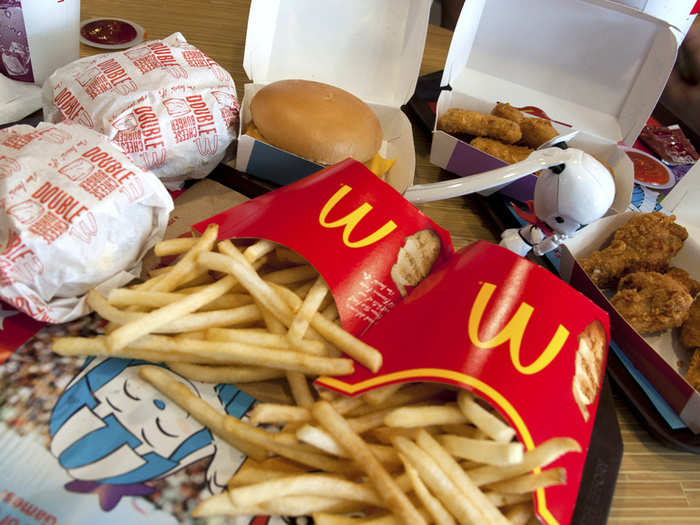
"Stopping the post-pub McDonald's sessions is another habit I wanted to break by 30," Jonathan added.
Not looking after your teeth.

That includes brushing twice a day, (even after nights out), regular visits to the dentist, and yes, flossing.
"You only have one set of teeth — so look after them!" Dina, managing editor at BI UK, said.
Not wearing sunscreen.
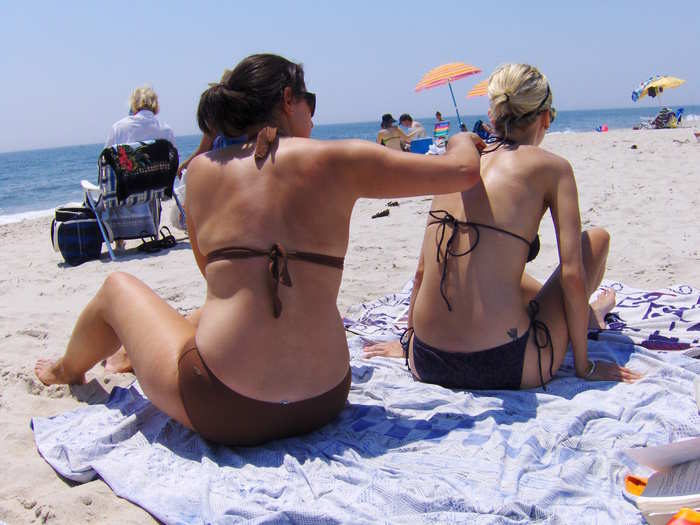
"Over doing the sun bathing — as you get older it's even more important to look after and protect your skin," said Hannah.
And this isn't only while you're on the beach — most skin specialists recommend you introduce a moderate SPF factor into your daily skincare regime through winter as well as summer.
Constantly worrying about what people think.

Worrying about what people think was the single most popular habit to break of all of the colleagues and friends we spoke to, so it's probably worth taking note of.
Emily, a private chef from London, says: "I spent far too much of my 20s worrying about what other people think, generally worrying in my 20s was a real waste of energy."
Not having a long-term plan.
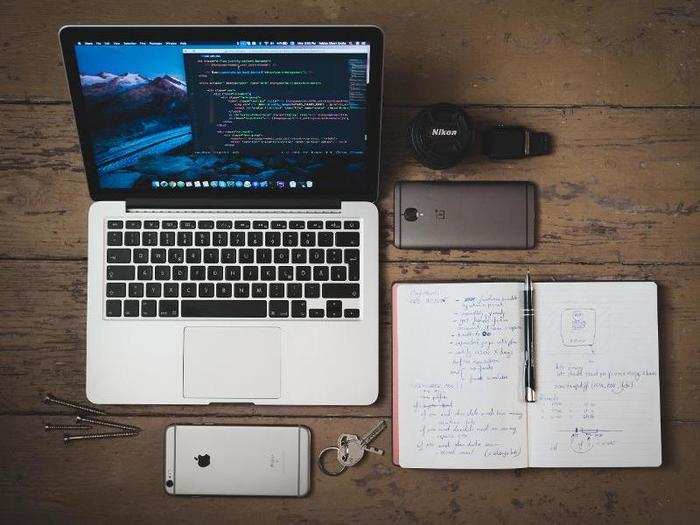
"Not having a long term plan is something that I have been guilty of," Leon said. "By the time you're 30 you should know what you want from life and have a rough idea of when you'll be moving/getting married/having children/changing jobs, etc."
Charlotte, an account manager in music, told Business Insider that in the leadup to her 30s she has started each year by sitting down and thinking through the main aspects of her life, from relationships to careers, to figure out what she wants to change or develop in each area.
"I'm not strict in tracking my progress, but taking the time to evaluate these areas really helped me focus my energy on what I want to achieve and making sure I'm on the right path to my version of a happy and successful life."
Not sending back unwanted online purchases.
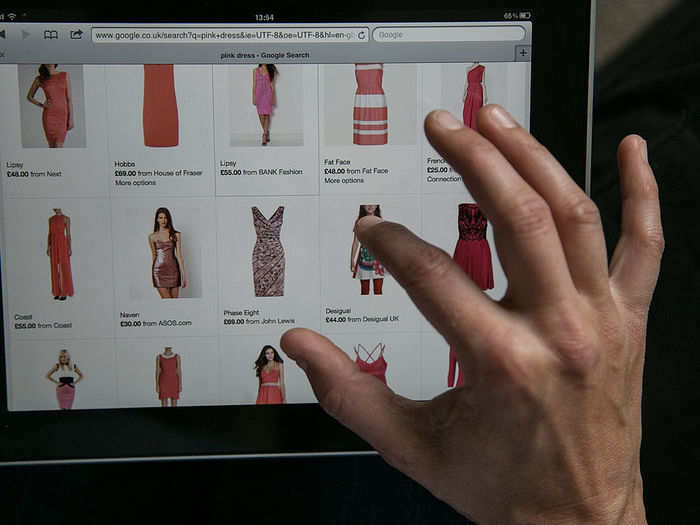
Lindsay said: "Stop being too lazy to send back clothes you order online that don't fit."
Trying to store all important dates and appointments in your head.
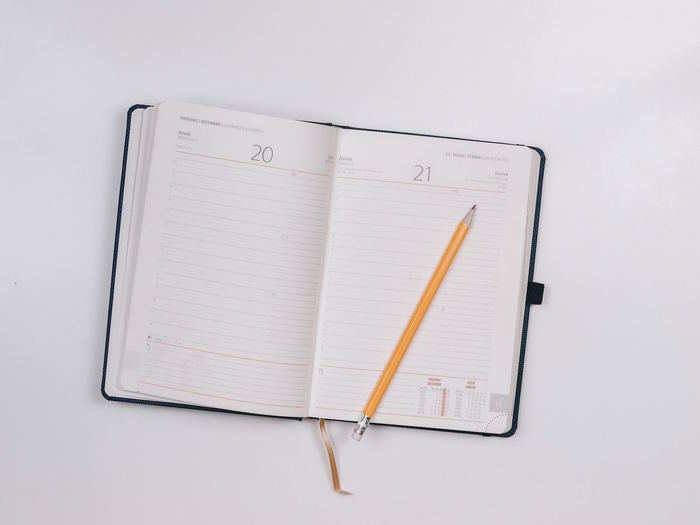
Alan, sports reporter at BI UK, said: "Get a calendar and put all the important dates in it at the start of the year so you remember things."
Whether your system is paper or electronic, finding a system that works for you will make you feel more organised, which can help to reduce stress.
Buying a coffee each morning.

If you're short on time and have busy mornings, buying a coffee each day can feel like part of your morning ritual.
But researchers have calculated that this could be costing you more than £500 ($700) a year — that's almost a return flight to Bali.
"I used to buy a coffee a day until I realised how much it was financially crippling me," Rosie said. "Now I use a cafetiere and invest in a packet of really good strong coffee which I keep at work. I'll still buy the odd coffee as a Monday or Friday morning treat, but I'm definitely saving money overall."
Popular Right Now
Popular Keywords
Advertisement